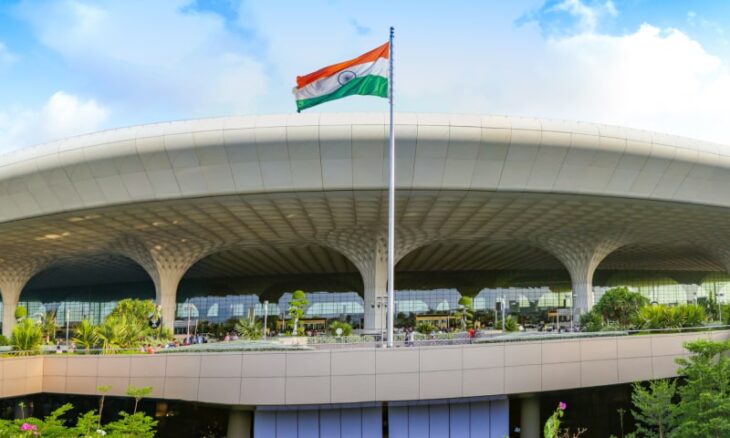
In a strategic move to bolster its airport infrastructure, the Adani Group has outlined a monumental investment plan of Rs 60,000 crore over the next five to 10 years across its seven existing airports. Arun Bansal, Chief Executive Officer of Adani Airports Holdings (AAHL), disclosed that Rs 30,000 crore will be dedicated to ‘airside’ enhancements within the next five years, while an additional Rs 30,000 crore will be allocated for ‘cityside’ development over the extended period at airports including Mumbai, Ahmedabad, Lucknow, Mangaluru, Guwahati, Jaipur, and Thiruvananthapuram.
The ‘airside’ investment will focus on enhancing secure areas accessible only to passengers, while the ‘cityside’ development aims to transform public spaces into integrated cities. This vision includes the creation of hotels, convention centres, retail outlets, and food and beverage establishments. However, the five-to-ten-year timeline is attributed to the need for environmental and land clearances, as well as approvals from the Airports Authority of India (AAI). Bansal emphasised that funding for ‘cityside’ development is not restricted but is contingent upon obtaining necessary approvals.
Bansal highlighted the transformation of Adani-run airports from being away from cities to central locations, presenting opportunities for significant ‘cityside’ development, especially in airports like Ahmedabad and Jaipur.
The disclosed capital expenditure does not encompass the Rs 18,000 crore allocated for the Phase-I development of the Navi Mumbai airport, set to commence operations by March 2025. Phase II development plans for the Navi Mumbai airport, including terminal 2 construction and a second runway, are already underway, with a detailed investment plan expected in the coming months.
The Adani Group, which secured rights to operate six major airports through a competitive bidding process after the Centre’s privatisation in 2019, has demonstrated substantial growth. In the April-January period of the current financial year, the group’s existing airports handled a total of 56.58 million domestic passengers, reflecting a remarkable year-on-year growth of 20.1 per cent, according to the Airports Authority of India (AAI).
This strategic investment positions the Adani Group as a key player in India’s airport development landscape, with ambitious plans to create integrated city environments at its airports, fostering economic and infrastructural growth.

